|
We all want: fewer temper tantrums, kinder interactions and, more meaningful relationships September was a full month geared towards how parents and educators can support children on their emotional and social development journey. To wrap things up here is a fantastic video from "Hapa Family: Montessori at Home." This video discusses practical ways to incorporate positive discipline in your home or child care program. She uses accessible language to explain the theory behind why children respond better to positive discipline and WHY it actually works. ~watch beginning to end~ https://www.youtube.com/watch?v=nt9ck98l8Uo "positive discipline is not about permissiveness, it is not about letting your child do whatever they want. It's about setting kind, firm limits and sticking to them in a gentle way that teaches your child"
0 Comments
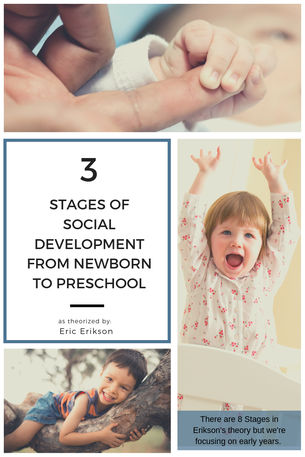 Thank you for stopping by our blog. If this is your first time visiting I hope you enjoy our personal views for the early years. Our topics and ideas are based on years of home childcare experience mixed with a balance of theory and new ideas from around the world. Today we're discussing how we as educators and parents can support children on their social development journey. We all know children who are born extroverts. They exude confidence and appear comfortable in any situation. In direct opposition, the introverted children in our lives do not appear confident in social situations. Often they pull away from peers and play independently. Home childcare programs. early-years classrooms, playdates at the park, and even individual home environments will have a mix of multiple personalities. Each child is an individual, and their individuality is to be respected. We are not "fixing" their deficits; instead, we are encouraging respectful and appropriate inclusiveness. I love a good child development theory. To start our discussion on supporting social development, it's only fair we go straight to Eric Erikson. Let's have a look at Erikson's first three stages. 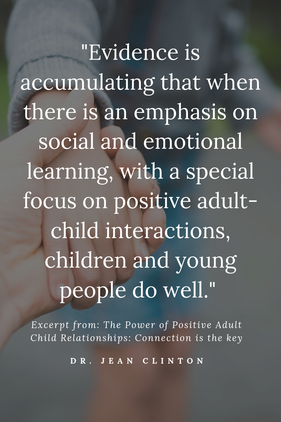 The common theme between the three stages is Relationships. Before children can build positive and reciprocal peer relationships, they need to build strong relationships with the core adults whom they interact with daily. These include but are not limited to parents, guardians, core educators, and caregivers. The importance of early relationships is a big reason why I love Home Child Care as much as I do. Home Daycare by it's very formation is one educator who cares for the child from infancy to school age. Whereas in a daycare centre the child is transitioned to a new room, new educator, possibly a whole new group of peers as they enter each new age group. There are a few daycares who follow the Reggio Emilia approach and keep the same educator with the same group of children as they grow from infancy to school age. Again the core value that early relationships are crucial to life long success is paramount. So how does this knowledge guide us to support children's social development?
Another practical step we can take to support social development is to intentionally plan activities and "invitations to play" that promote social interaction. Learning in the early years is fundamentally a social experience. As children learn about themselves and others, they strengthen their emotional intelligence, their ability to construct plans, and attend to what's important. They do all this based on the values and practices their core adults provide through daily activities. Thoughtfully planned "curriculum" supports children to develop these skills through potential social interactions with their peers and adults. These "5 Great Curriculum Starters" listed are just that, STARTERS. When planning daily activities, reflective practices are paramount. The use of different centres and manipulative's within a childcare environment are what create opportunities for meaningful play. Not listed in the infographic are imaginative play centers. These include dress-up, kitchens, tool benches, cleaning supplies, animal care kits, and more. ELECT (Early Learning For Every Child Today) is a valuable resource used by early childhood educators and childcare providers. This document outlines developmental domains and lists indicators of skills for each age group. As a next step, I encourage you to review social and emotional development for each age group. Linking "indicators of skills" to your specific curriculum can support how you view the children in your care. Hopefully, by observing and reflecting on "what's developmentally normal," you are better able to scaffold the children's learning. sources:
Clinton J., (n.d). The power of positive adult child relationships: connection is the key. Retrieved from: http://www.edu.gov.on.ca/childcare/clinton.pdf Joseph, G. & Strain, P. S. (2004). Building positive relationships with young children.Young Exceptional Children, 7(4), 21-29. Ontario Ministry of Education (2007). Early Learning for Every Child Today: A Framework for Ontario’s Early Childhood Settings. Retrieved from http://www.edu.gov.on.ca/childcare/ oelf/continuum/continuum.pdf Ostrosky, M. M. & Jung, E. Y. (2010). What Works Briefs: Building Positive Teacher-Child Relationships. Center on the Social and Emotional Foundations for Early Learning. Retrieved from http://csefel.vanderbilt.edu/briefs/wwb12.pdf 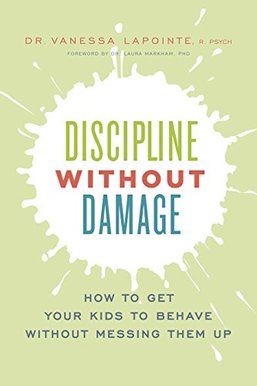 I picked up a new book recently because the title it's self grabbed me. It says everything we "Big People" worry about most. Are we damaging our children with our parenting? Every parent worries if they are doing this whole "parenting thing" right. Am I being too strict? Am I not being too soft? Am I going to ruin my kid?…. No one is perfect but we all have the ability to grow and learn. We can learn from our experiences and be mindful of how we react to situations. That being said the Author Dr. Vanessa Lapointe, R.Psych warns that most-championed discipline methods not only don't work they are actually harmful to our children. She breaks discipline down from a science perspective and starts with an understanding of child development. How children's brains are actually forming and what we as "Big People" can do to support them. Our need for discipline stems from our adult perspective that children will eventually need to function in the grown up world. We try to form our children into little minions who fit a perfect societal mould. "Unfortunately developmental science doesn't support this theory… Developmentally children are very different from big people. The frontal and prefrontal cortex in their brains are comparatively immature, and as a result, children have a lesser capacity for self-control". (Dr. V.Lapointe pg. 18-19). Children will eventually grow into adults and join this so called "grown up" world. We should not be using our ego's to sway our parenting choices. It is our own misconceptions of what a child should be that upsets us when they misbehave. When our children misbehave we need to slow it down. Be mindful of our own feelings. Reacting with your first impulse in anger will generally lead to a parent-child power struggle. Taking a minute to connect your feelings to your environment and then connecting your child's feelings to their behaviour will help you to approach the situation with a much more level head. For example: you've gone out to dinner as a family. You've placed your food orders and your two children are busy colouring their kids menus. All of a sudden your daughter breaks her red crayon. She wants her little brother to give her his because "he isn't even using it". Of course he won't because "it's his". Sibling fighting commences. Restaurant patrons are staring at you. Your husband is looking like he's going to morph into "Hulk Dad" and take the kids right out of the restaurant!! what do you do? Well…every child is different so underlying personalities play a crucial role in understanding what to do. However I can give a few simple steps based on Dr. Venessa Lapointe's new book. #1: respond with connection: allow your children to understand that you have their best intentions in mind. #2: stay low: be calm and compassionate #3: give an immediate simple direction of what needs to happen #4: hold your ground but be kind #5: give no explanations: you do not need to explain yourself to your child #6: pick your battles (you don't always have to be right or control the situation) #7: exit gracefully if you have picked the wrong battle. If you realize after taking your stand that "this really wasn't worth it" find a way to exit without making your child feel they "won". #8: keep relationship the bottom line. Never do or say anything to damage the relationship you have built with your child. #9: Once the incident is over debrief. Children just like big people have a fight or flight response. When this response is triggered the brain stops processing cognitive thoughts and is a reaction only state. Once all involved are in a calm state then go over the incident. Discipline is a part of parenting. It is crucial for our children to have boundaries and have respect for their parents. However it is just as important that parents realize that their children are just being kids. That our societal views of the "poster" child are unfair. By respecting our children and providing discipline from a place of love and respect we are helping them along their developmental journey. "Discipline without Damage" is a must read for parents. It simplifies the scientific studies of child development while explaining what discipline actually is. Today's current methods are focussed on making bad behaviours go away quickly. What Dr. Lapointe points out is that contemporary science understands that once Childrens physical needs have been met, "the most important influence on child development is that children feel they can count on their parent to take care of them emotionally. As part of this, the universal fear of all children is that their parent will abandon them-physically or emotionally. What does this tell us about how we should be disciplining our children?" (Dr. V.Lapointe, "Discipline without Damage".,pg.206) |
Early Years at Home When we refer to home we refer to a feeling of welcome, family, comfort and belonging. Licensed home child care offers the feeling of "home" with the benefits of early years pedagogy. Categories
All
Archives
June 2023
©Little Lambs Home Daycare
©Kristina Schwartz |
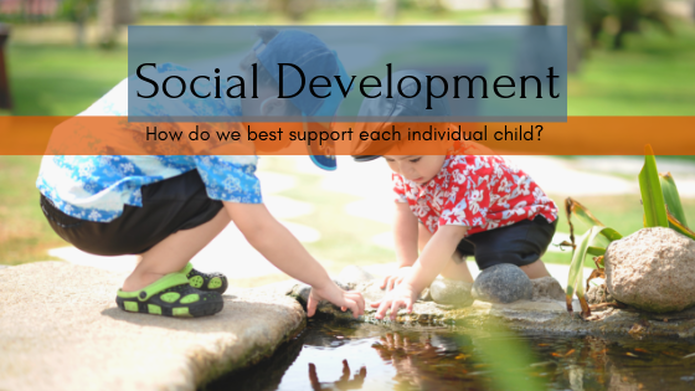
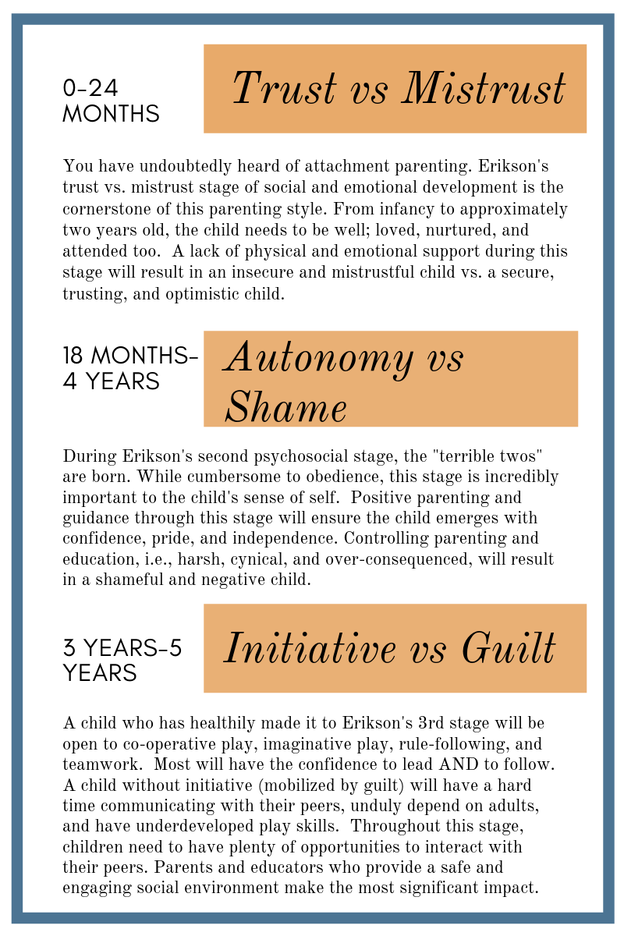
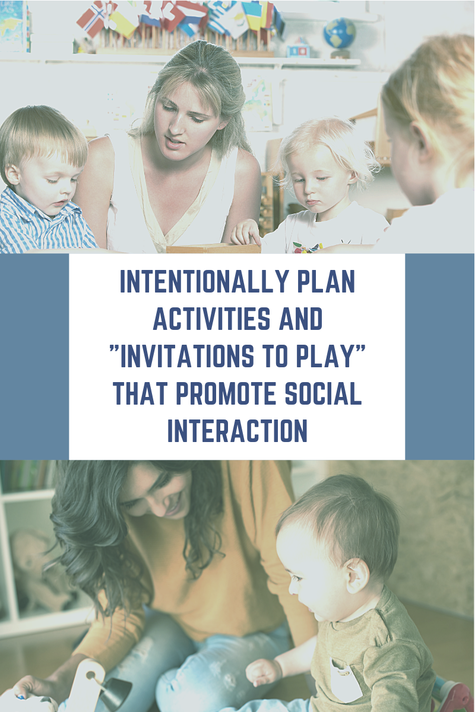
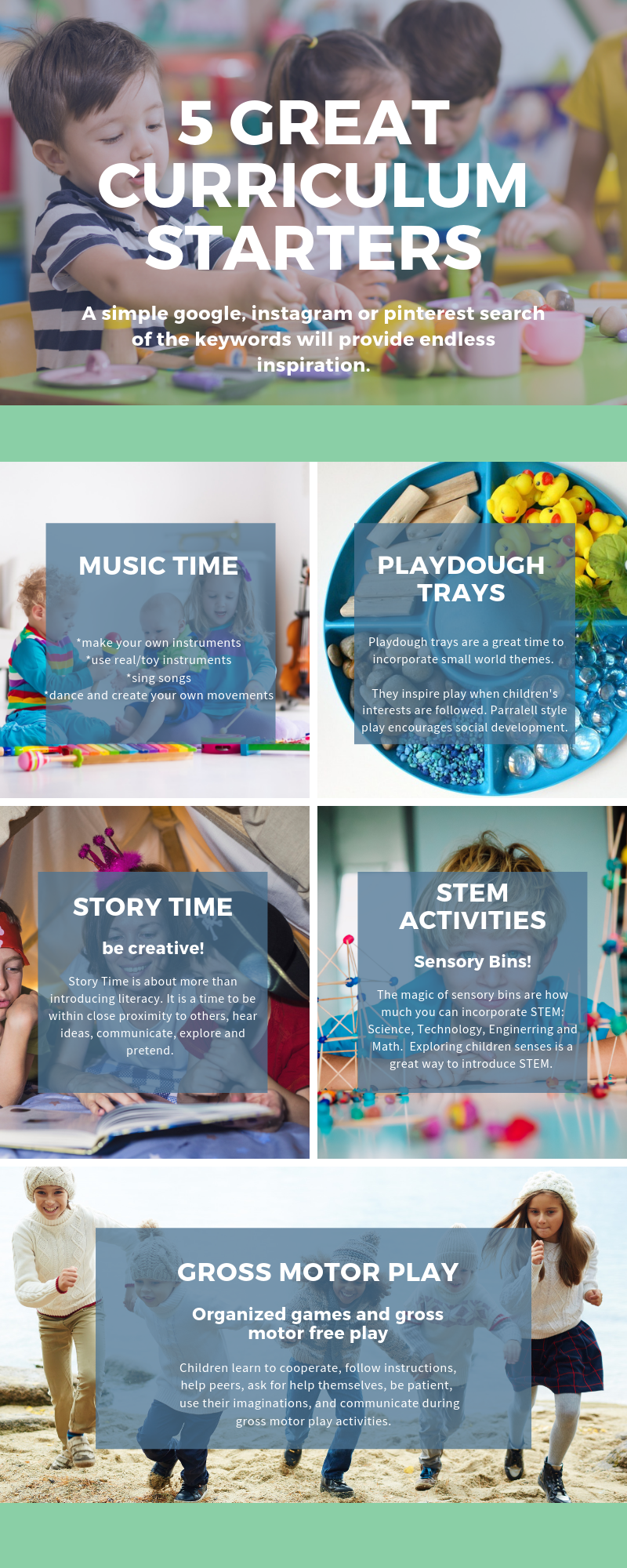
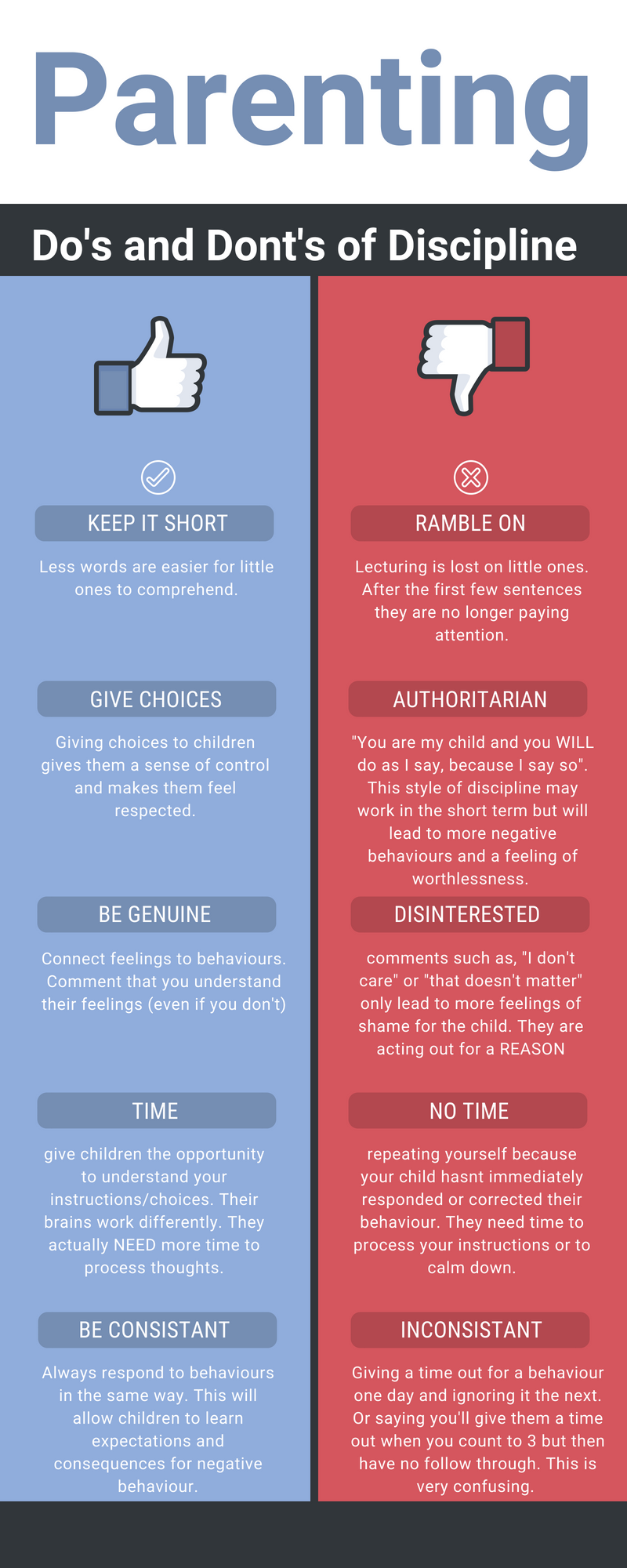
 RSS Feed
RSS Feed